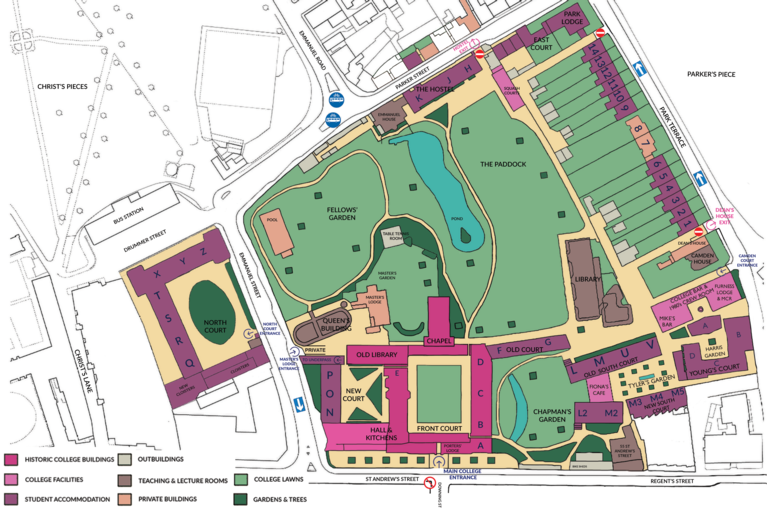Frederick Gowland Hopkins (1861 - 1947)

Fellow of the College and winner of the Nobel Prize for Physiology and Medicine in 1929 for the discovery of vitamins
Sir Frederick Gowland Hopkins has been described as 'the father of British biochemistry, and perhaps the last of our great pioneers of science'. His way to the frontiers of knowledge was not easy: on leaving school he spent six months in an insurance office before escaping to the laboratory of an analytical chemist, where articled pupils learned their trade as unpaid assistants. An unexpected legacy enabled him to study for a professional examination which gained him a place in the laboratory at Guy's Hospital, and by the age of twenty-seven he had saved enough to enrol as a medical student. The ordinary medical curriculum of the day was his only regular academic training. After qualifying in 1894 he worked on the staff of the physiology department at Guy's until 1898, when he was persuaded to come to Cambridge to develop teaching in chemical physiology - at an inadequate £200 per annum and in inadequate quarters. It was here that Emmanuel played its minor part in his career, by appointing him to supervise its medical students.
Hopkins was at this period undoubtedly overloaded with work, but he still contrived to push on with research. By 1905 he was a Fellow of the Royal Society. Emmanuel made him a Tutor in 1906, a man of forty-five or so, with for the first time enough to live on. But it was too hardly earned, and in 1910 he broke down. Trinity saved him with the award of a Praelectorship in physiology, which yielded adequate income without crippling conditions. In 1914 he was appointed the first Professor of Biochemistry in Cambridge; and when the Sir William Dunn Institute was opened in 1921 he was given the new chair founded with it, which he held until retirement in 1943. He was awarded a Nobel Prize in 1929.
The work for which Hopkins will always be most widely remembered was his recognition of the necessity for adequate nutrition of certain then unknown substances, present in only small traces in natural fresh foods - now familiar as a household word as vitamins. An Emmanuel pupil and colleague (with Hopkins the two were synonymous) wrote: 'Trained as a chemist, he brought chemical arts to bear on the problems presented by living matter. He was not interested merely in what chemical products could be got out of dead animals. He had faith that the chemical processes underlying life itself were ultimately explicable and accessible to research… His humility was the more remarkable for its absolute sincerity. He was without doubt one of the few really great men of the century.'

